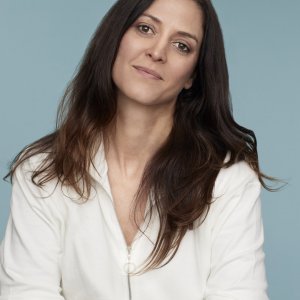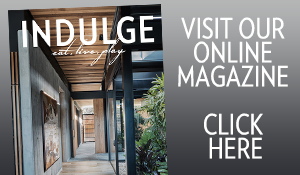Harvard professor, author and one time West Ender Julia Watson has recently published her book, Lo-TEK Design by Radical Indigenism, to great acclaim. Born in Brisbane and raised in West End, Watson is a champion of, and authority on, nature based technologies for climate resilient design.
Lo-TEK is a cumulative body of knowledge from all over the world in all manner of geological climates that focuses on Traditional Ecological Knowledge and illustrates the way indigenous peoples understand and co-exist harmoniously within their environments. Watson’s book aims to acknowledge this ancient ecological knowledge still exists today, and bring a new understanding and accessibility to it, in a more everyday form.
As modern society is faced with the steady and daunting advancement of environmental disaster, there is a series of movements urging people to turn back to an older way of life that is slower and less environmentally disruptive. Watson considers many of our contemporary responses and ëresilientí infrastructures to be limited. They perpetuate a ‘one size fits all’ approach that overlooks local Lo-TEK innovations that embody the intelligence of the environments that generated them, she says. Cities, after all, are enormous collections of geological disturbance.
Watson believes that protecting indigenous heritage is vital to our future, not just in museums, but in using and spreading the wisdom and skills borne of this heritage. “The technology needed for climate resilient infrastructure already exists, borne from thousands of years of local cultures living in harmony with nature, and available to be applied again now,” she said. Growing up in West End, Watson says spending her formative years in a place that so celebrates diversity, fueled her fascination for other global cultures. “West End has always been different to the rest of Brisbane, kind of anarchist, anti-establishment, liberal, left, grass roots and more than anywhere in Brisbane, a place where indigenous peoples held space. It kind of has the grit and vibe of the East Village where I used to live in New York,” Watson said.
“The understanding of the land and the world through an indigenous lens is so different to the Colonial view that a lot of us have inherited whether we acknowledge it or not,” Watson said. She does consider her early understanding of Aboriginal connection to the land as the original inspiration for the work she does now. An understanding that was deepened when she took an Aboriginal Environments seminar at UQ, saying, “It changed my world.” Learning to see past our own initial, instinctive bias is a lifelong task, according to Watson. This applies to the environment as much as it does to other societies and cultures. Deconstructing that inherited view takes time but can lead to enormous change and offers the opportunity to see the world around from a wholly new perspective.
“I’ve always been into the environment and especially deep ecology which has its roots in counter culture and spirituality. Growing up in West End had a lot to do with that.”
Readers also enjoyed our story on Tiny Holidays in the Wild
















